
Unconventional Oil & Gas
the social impacts of development
The Bakken Formation is an extensive tight oil play in the Williston Basin covering 20 counties in eastern Montana and western North Dakota. The play became economically viable in the early 2000s when high oil prices aligned with innovations in horizontal drilling and hydraulic fracturing. The boom, which began in 2006 – first in Montana and then significantly escalating in North Dakota by 2009 – required extensive upgrades to the region’s roads, utilities, and housing stock to keep up with the influx of development and people. This is a rural, remote region that is undergoing rapid change.
My research analyzes the ways that communities have adapted to the oil and gas development. I’ve been conducting field research in this region since 2016.
“…the structural realities of economic and technological change have made it increasingly difficult [to diversify]… in the communities and regions where it is most important.
William Freudenburg | 1992
Excerpts from
Field Notes & Interviews

“There is an old well from the 1950s that they discovered while excavating the initial oil spill. The earlier well wasn’t plugged correctly, so it created additional cleanup. This was an entirely separate issue from the major spill, though the current spill also contaminated some of the soil near this newly discovered one. The landowners are really worried about the 1950s well…It makes you wonder what will happen in 75 years after all the current wells are forgotten.” - 2017 field notes
“It really was a godsend to their community, a shot to the arm of growth. You have now the heart of the Bakken that’s going on around Watford City, and it’s only made that community into what they are today. It’s allowed them to do a lot of things that they would not have.” - Interviewee discussing the oil boom, 2017
“It's not a bust, it's a slow down. The slow down was needed because if you'd been here in 2012, 2013, 2014 - it was the wild, wild west. It was chaotic and crazy. So is this the new normal? This might be the new normal. If this is the new normal, that's good.” - Interviewee reflecting on oil development, 2017
“…oil industry has proven this past year that they will find water. The economics are too great to drill a $6 million well and not put it in production and not fracture that well because you don't have the water resources.” - WAWS testimony to ND Legislature
“I think when all this - this whole boom - started this area was just in a frazzle. You know? Nobody had any idea what was going on… But I think that's when it all started is when everybody was having problems, when everybody didn't know what to do, they all got together and developed [a] plan.” Interviewee discussing inter-municipal co-operations, 2017
In May 2019 I took a short five-day exploratory research trip to western Texas with the goal of comparing and contrasting energy impacts in the Permian Basin to those in the Bakken shale play. Check out the travelogue from this trip.
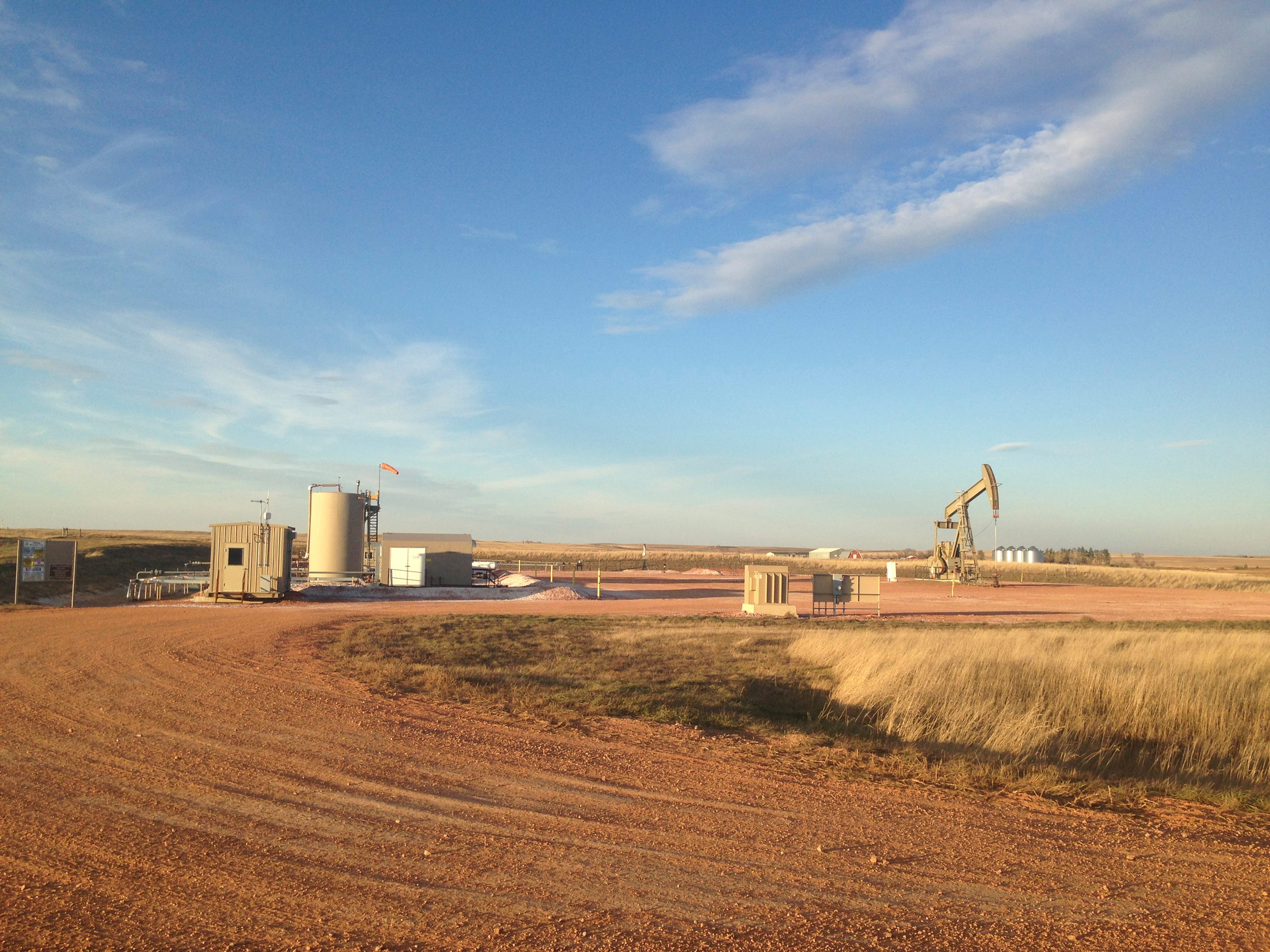
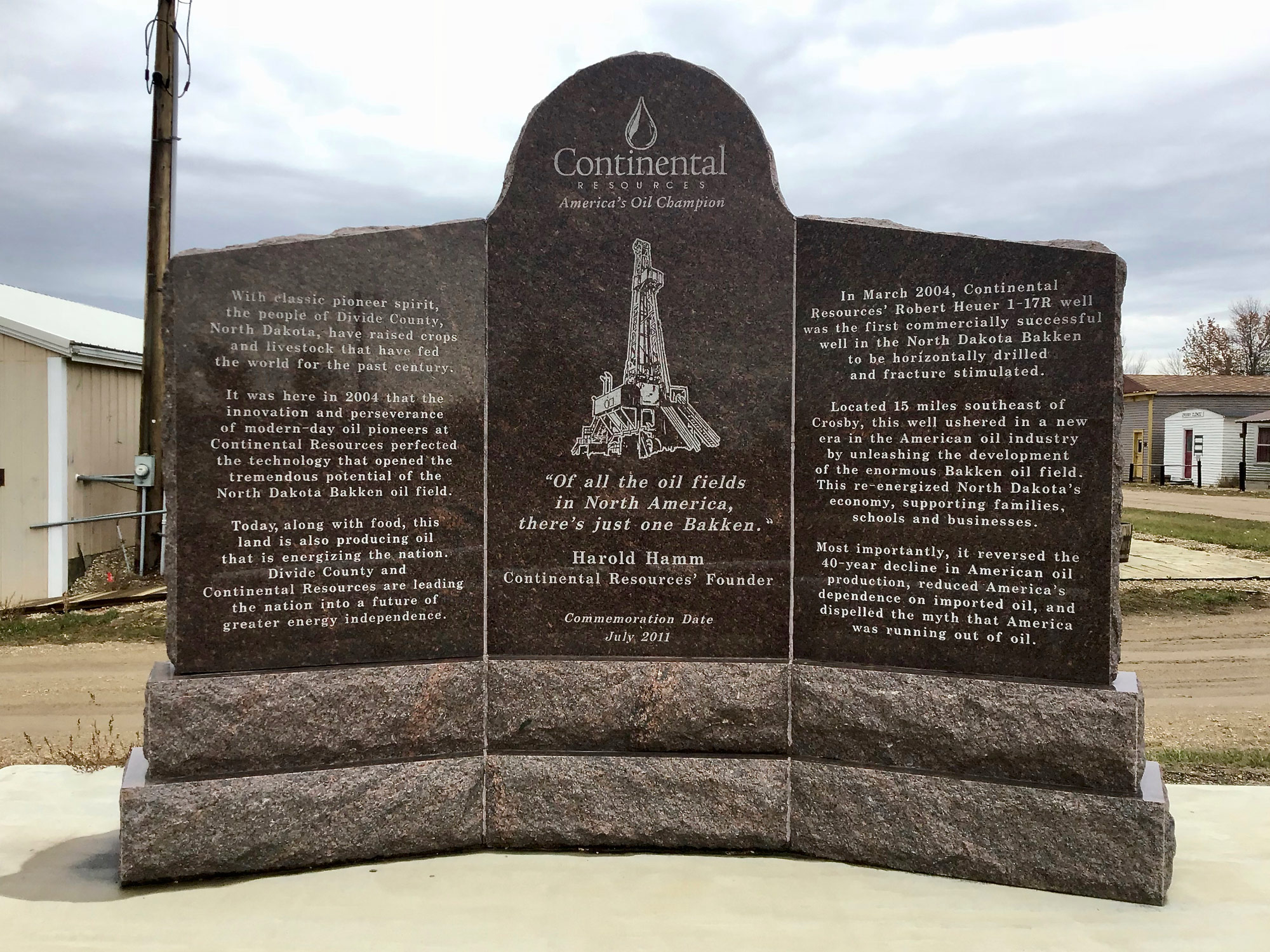
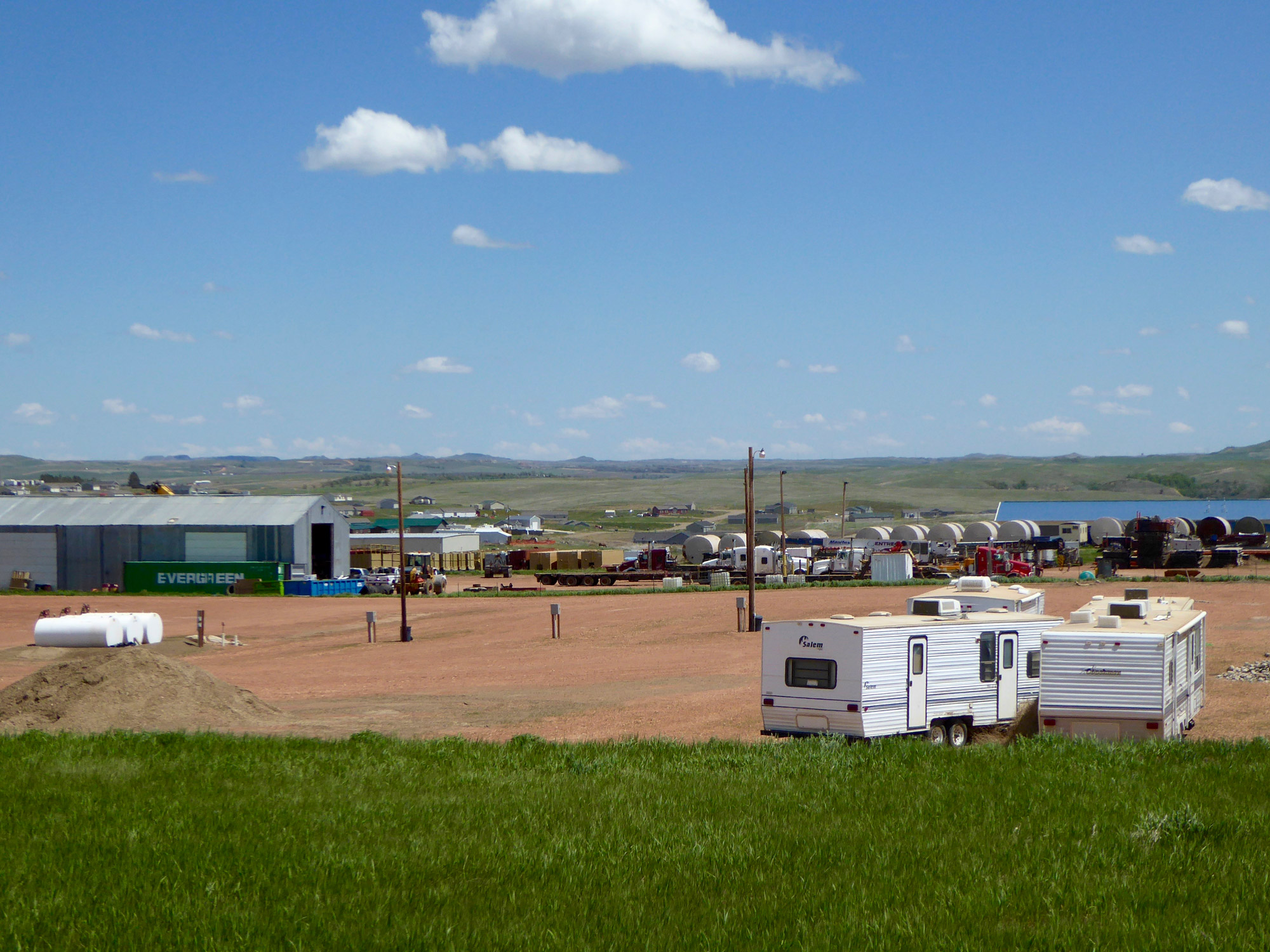
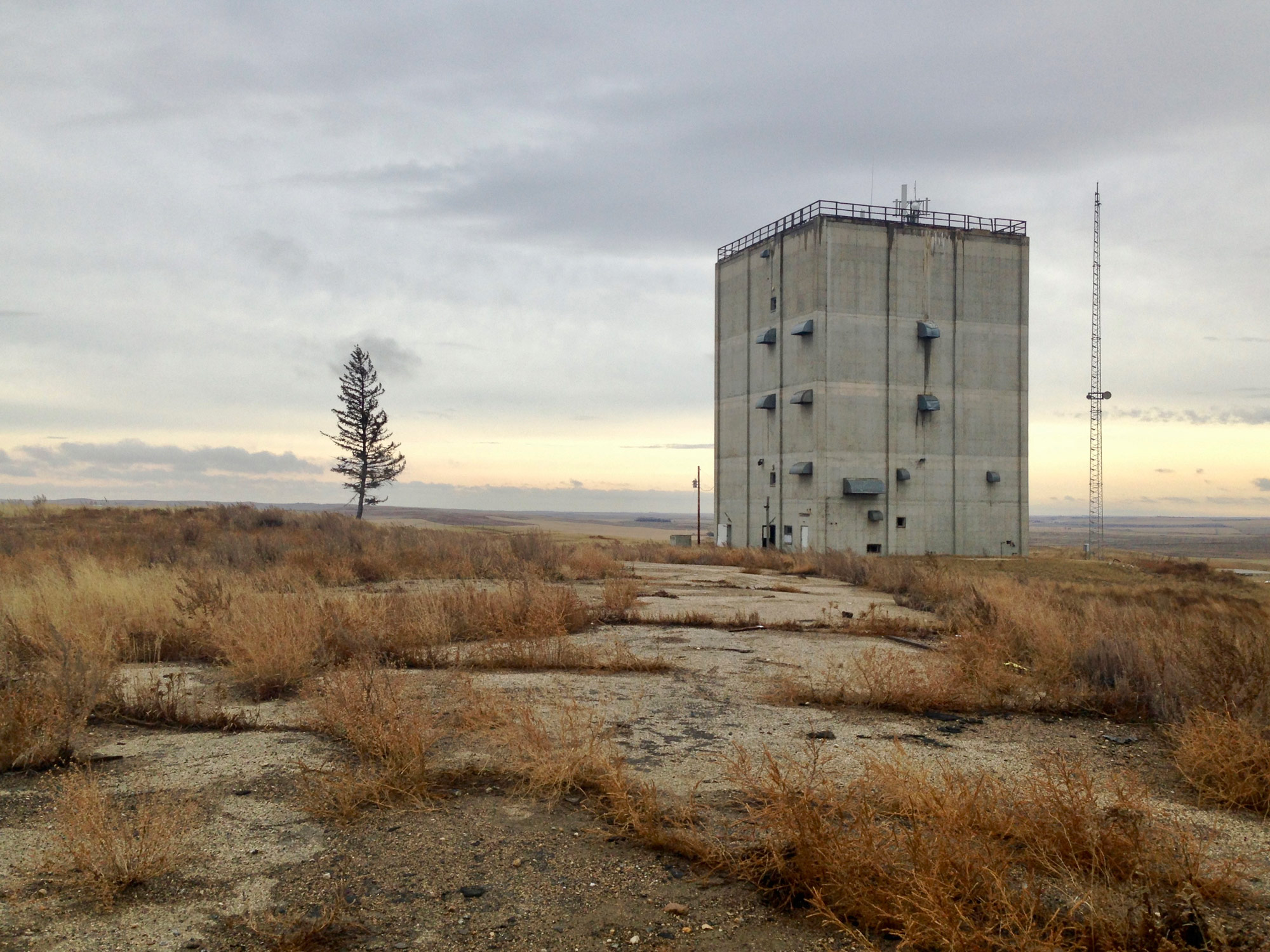

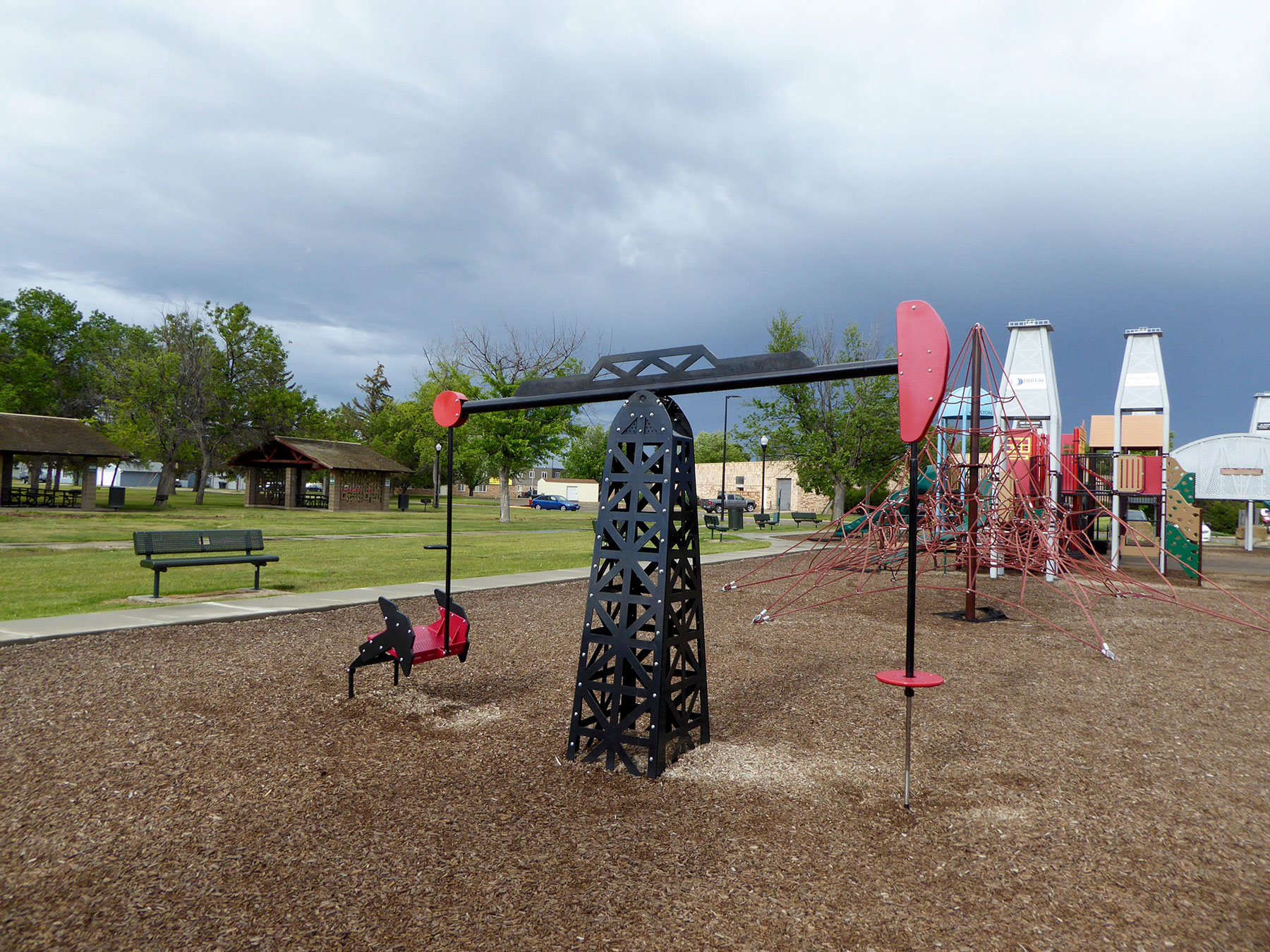

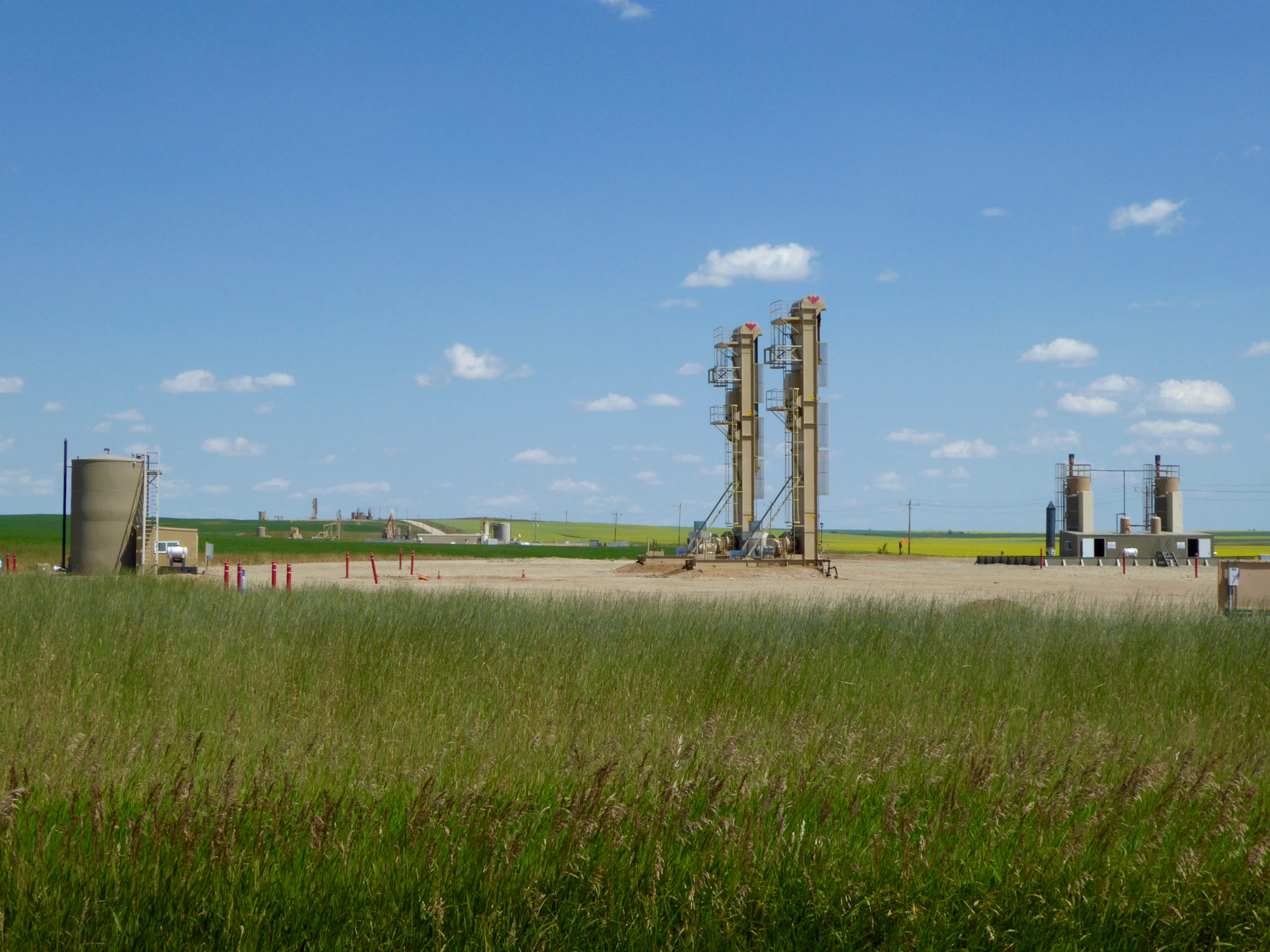
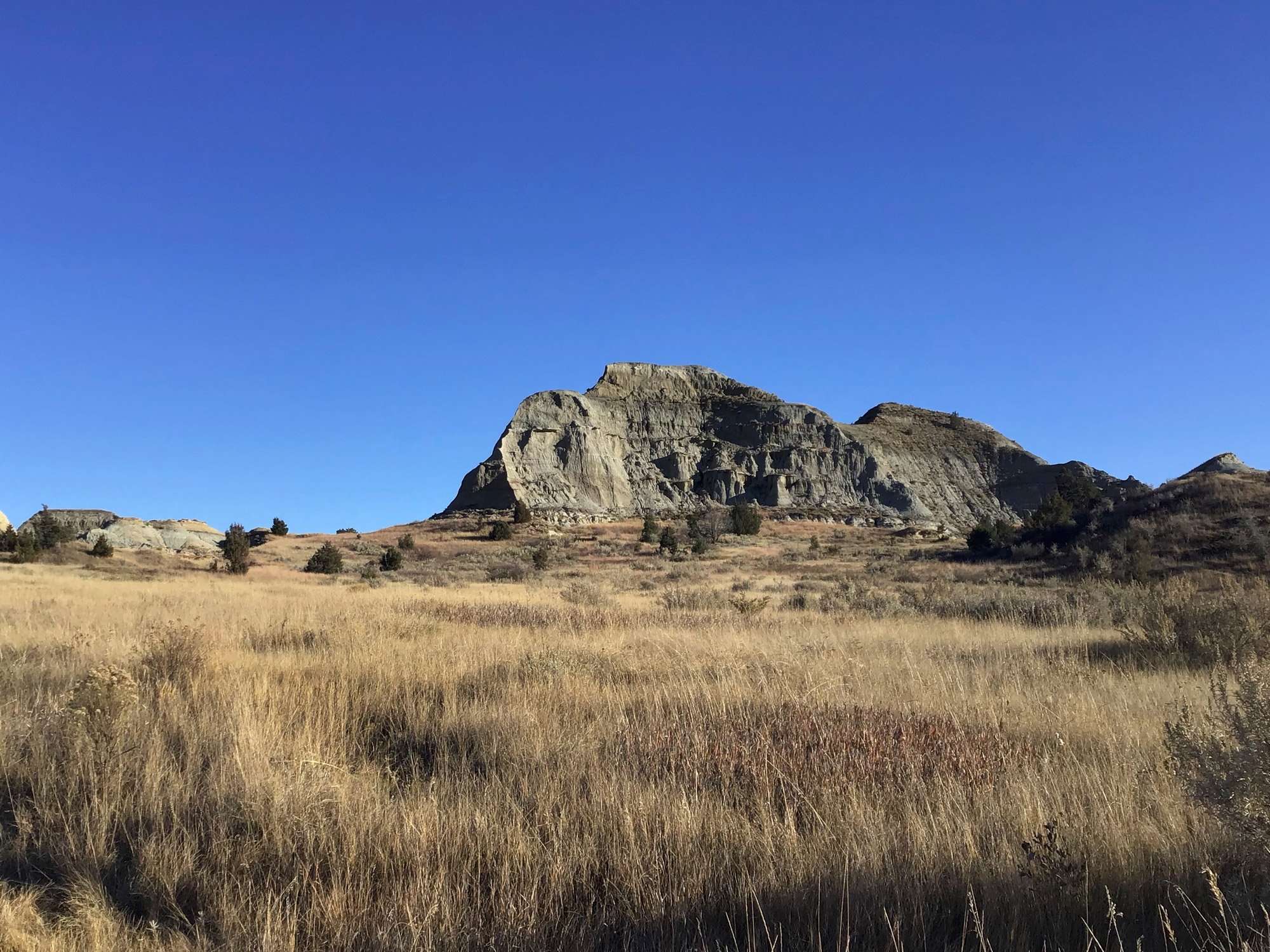
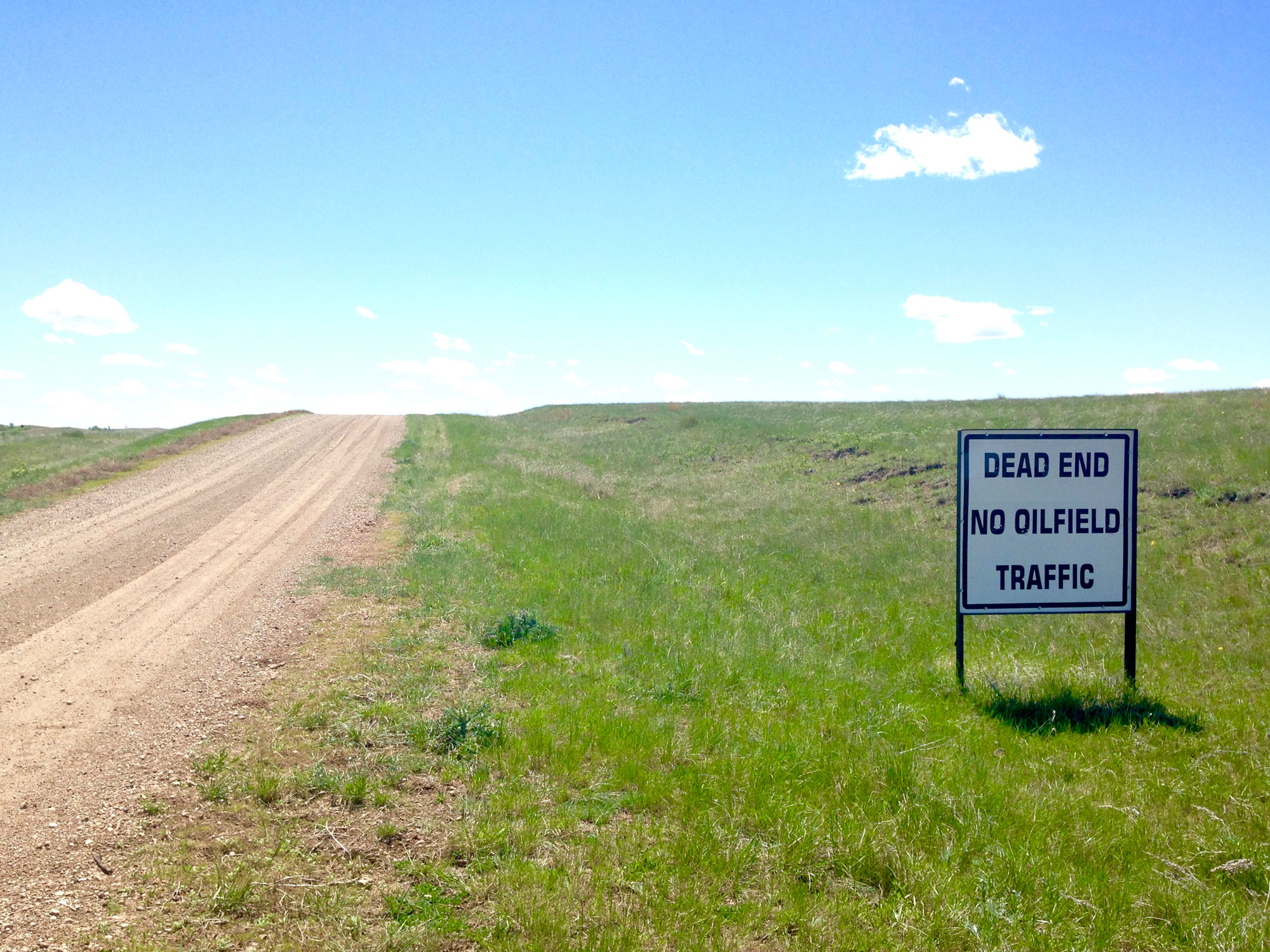
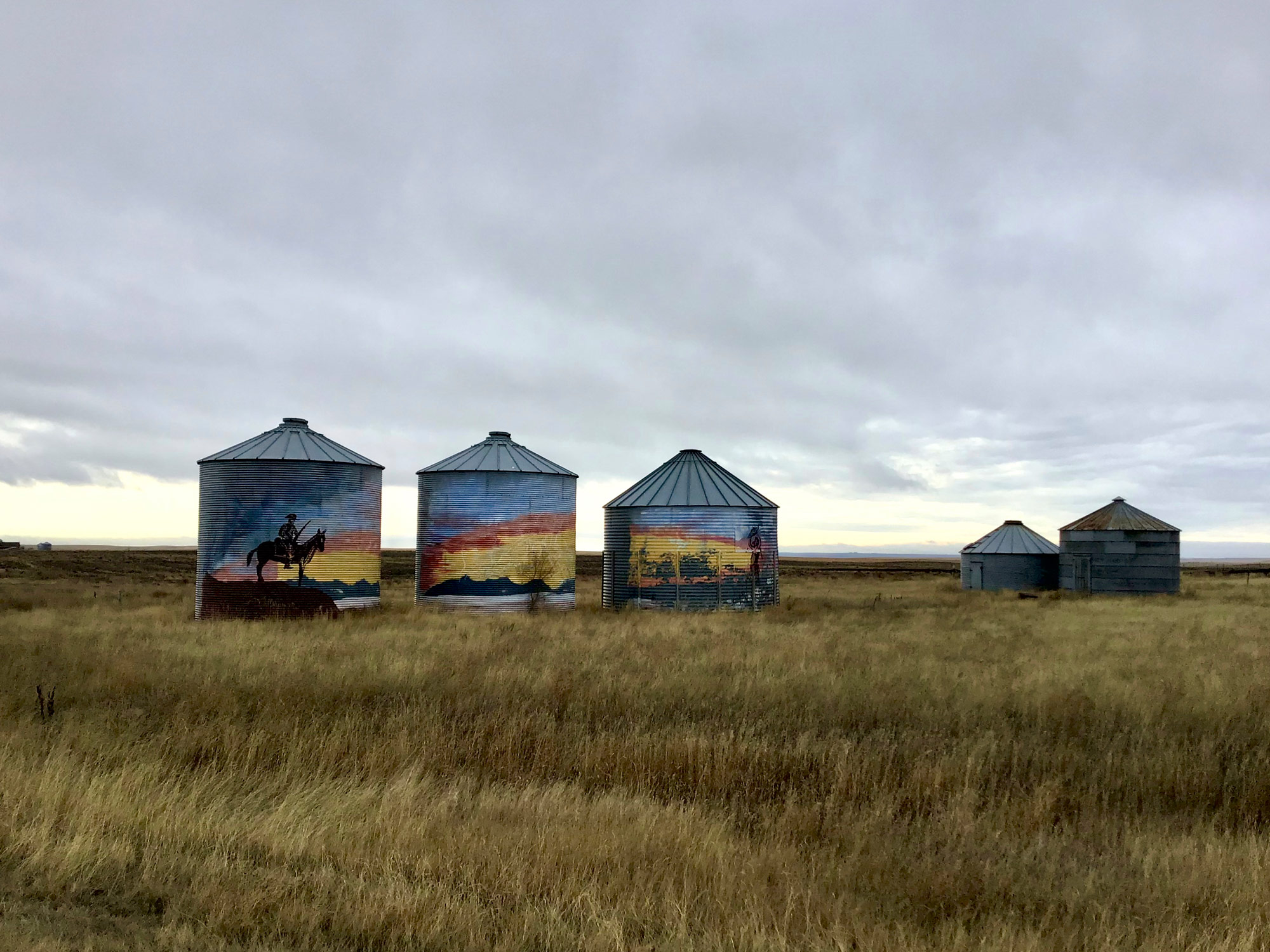


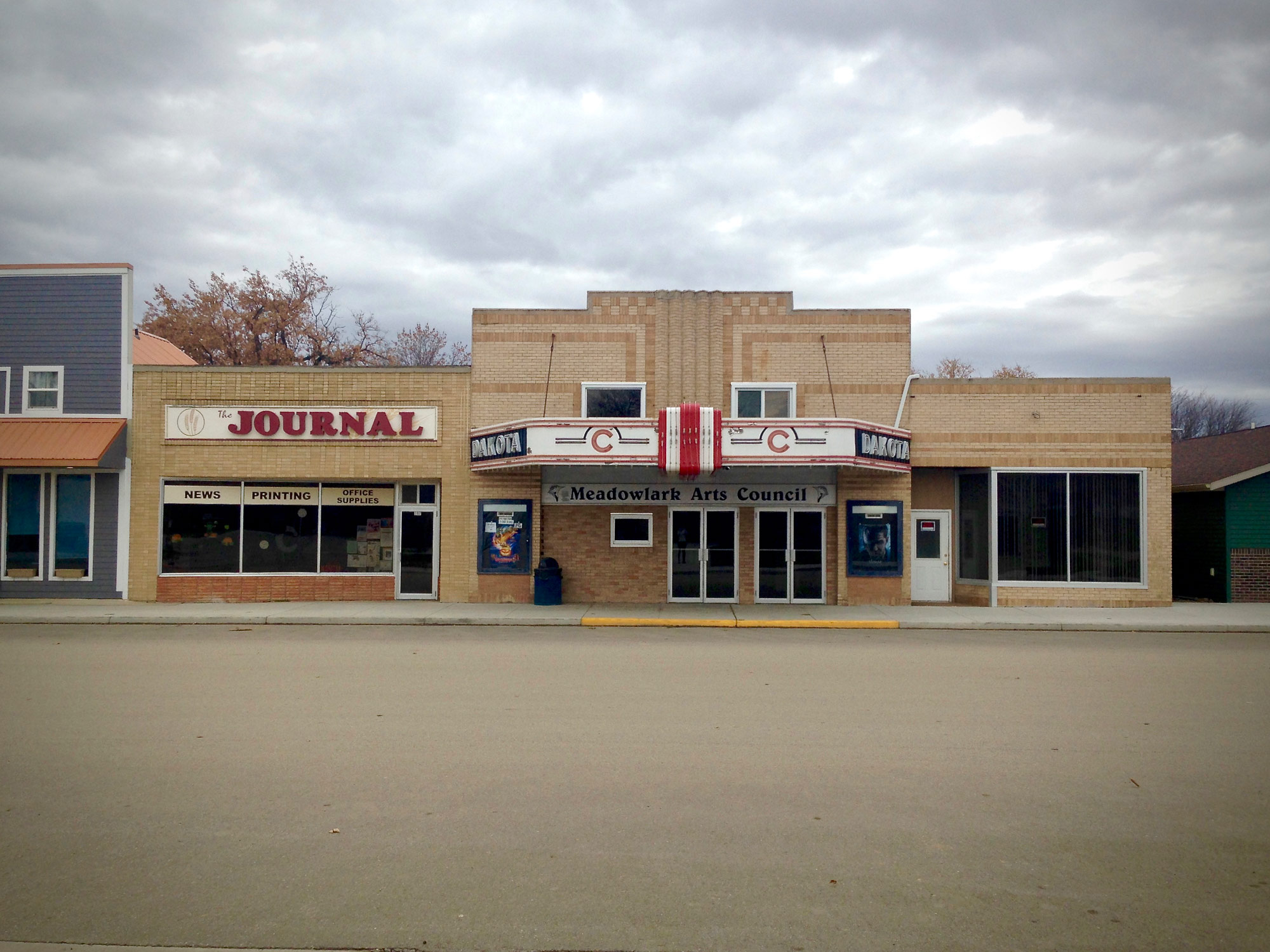
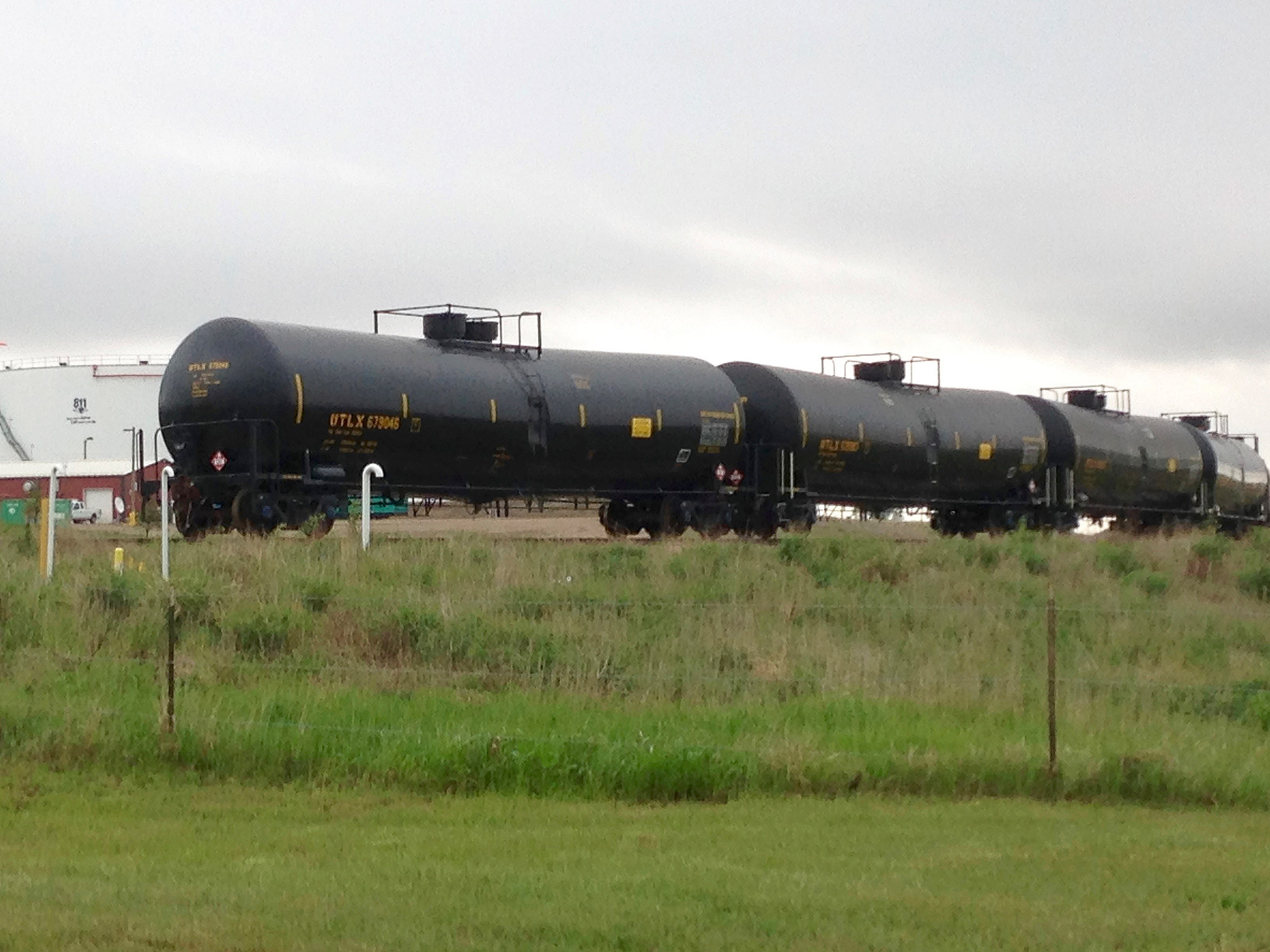
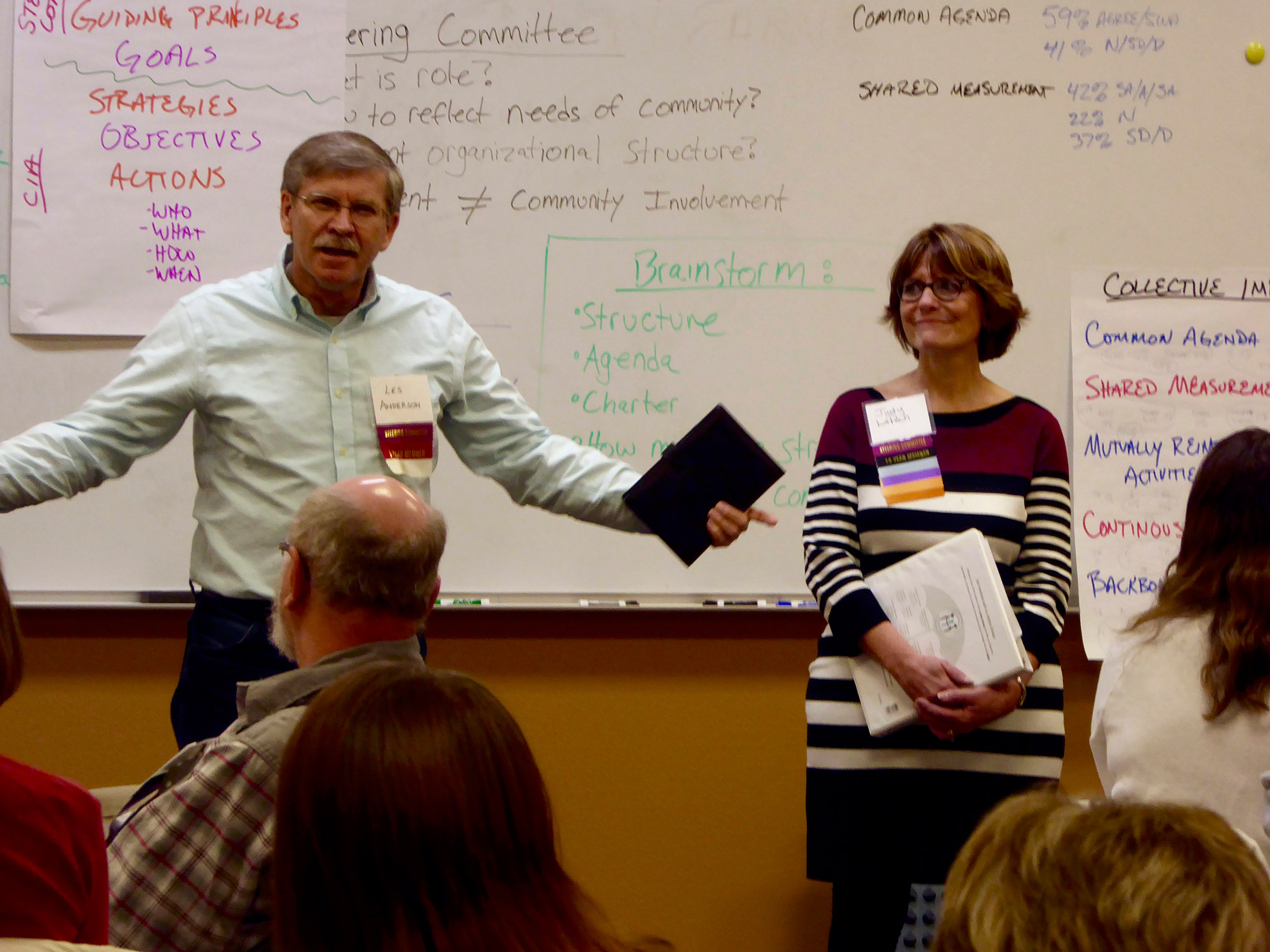

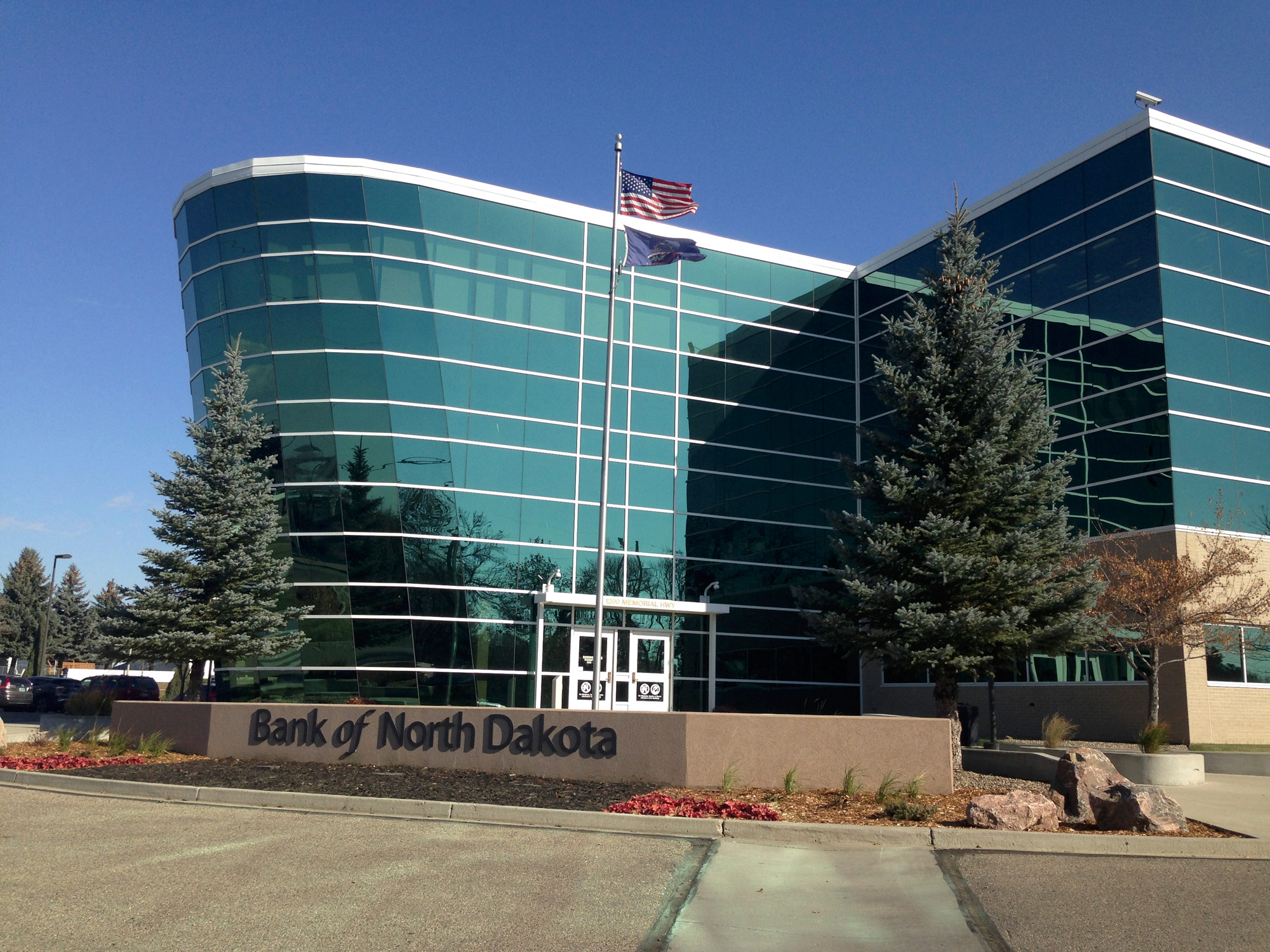
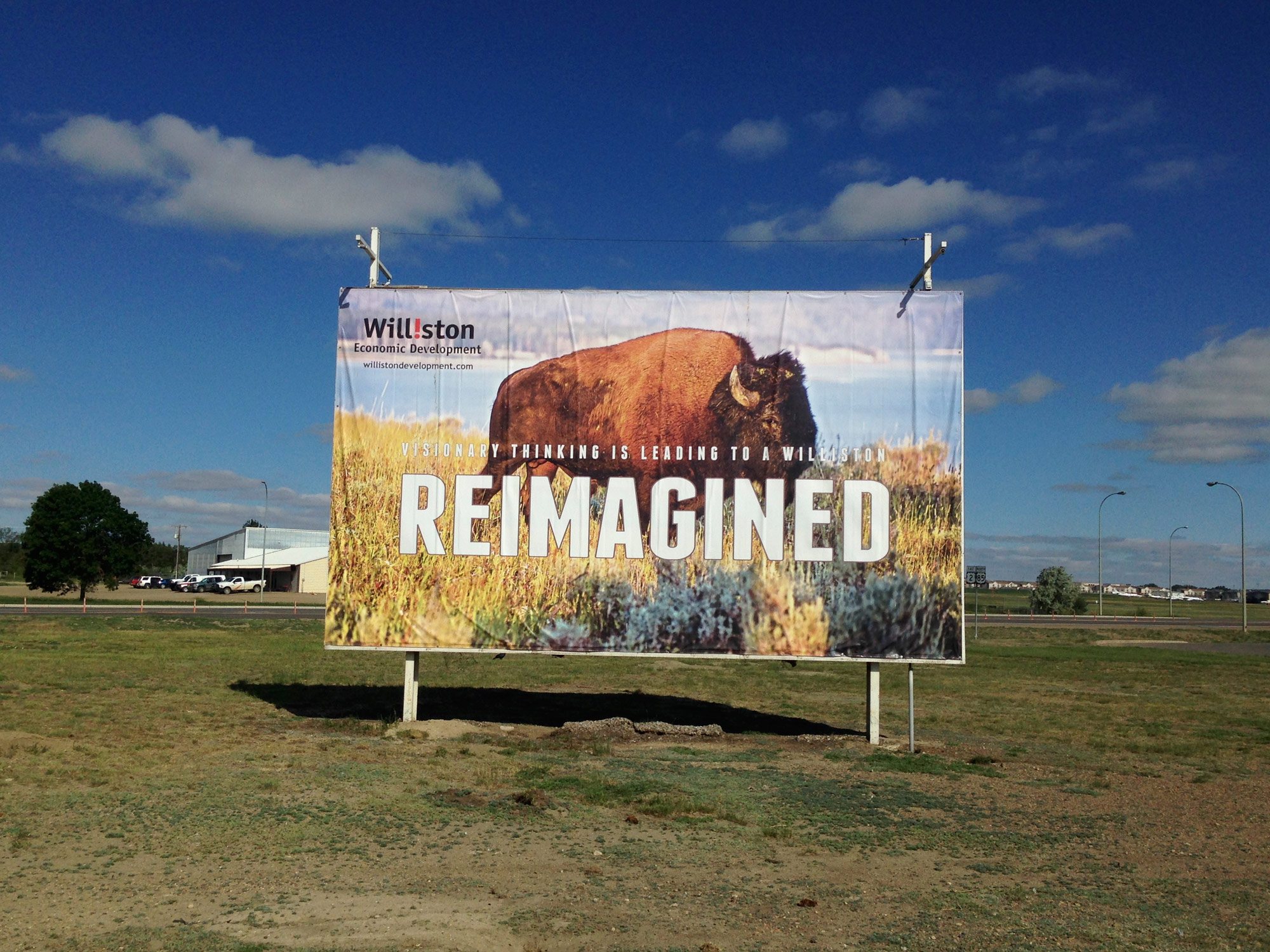
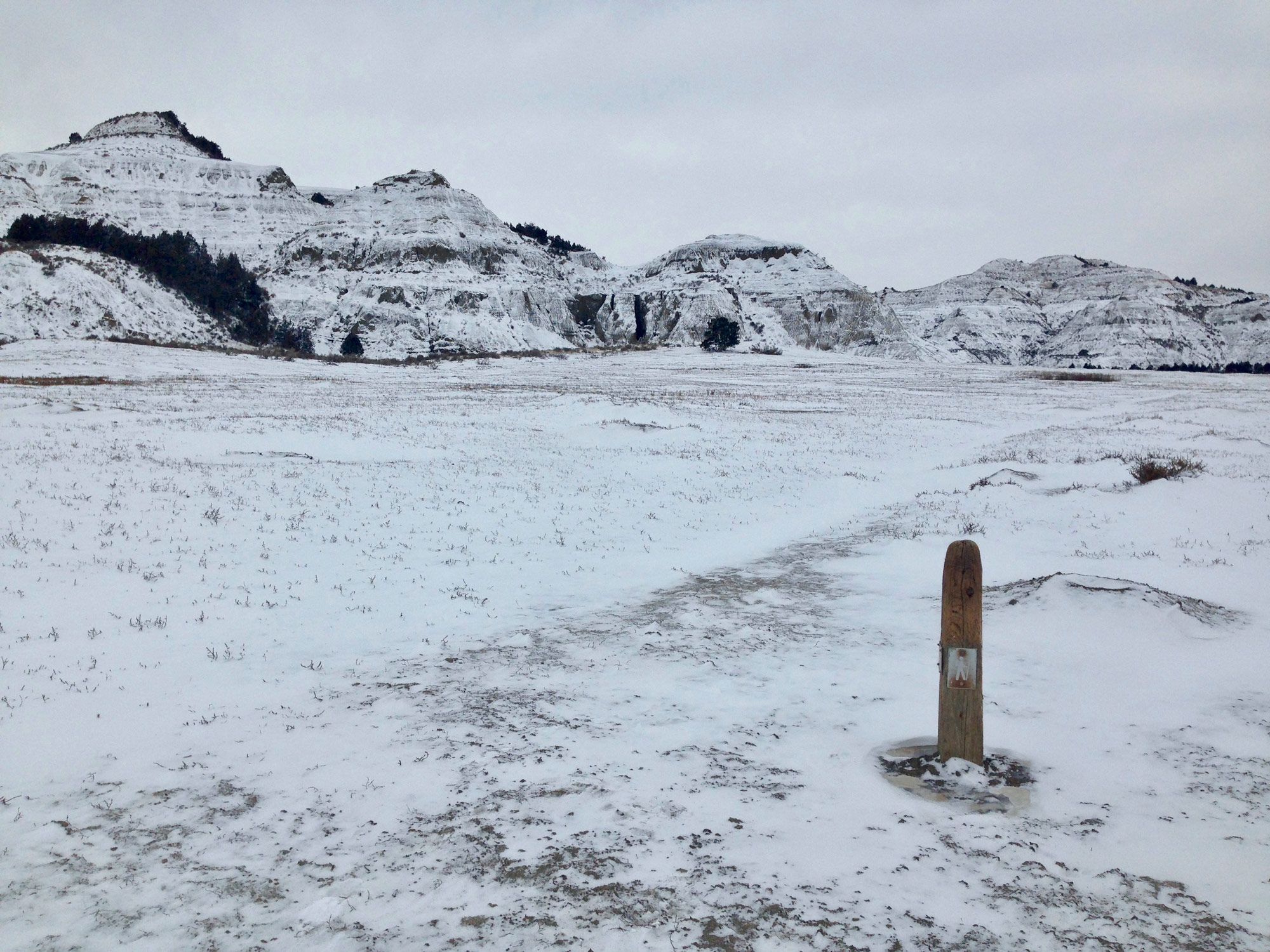
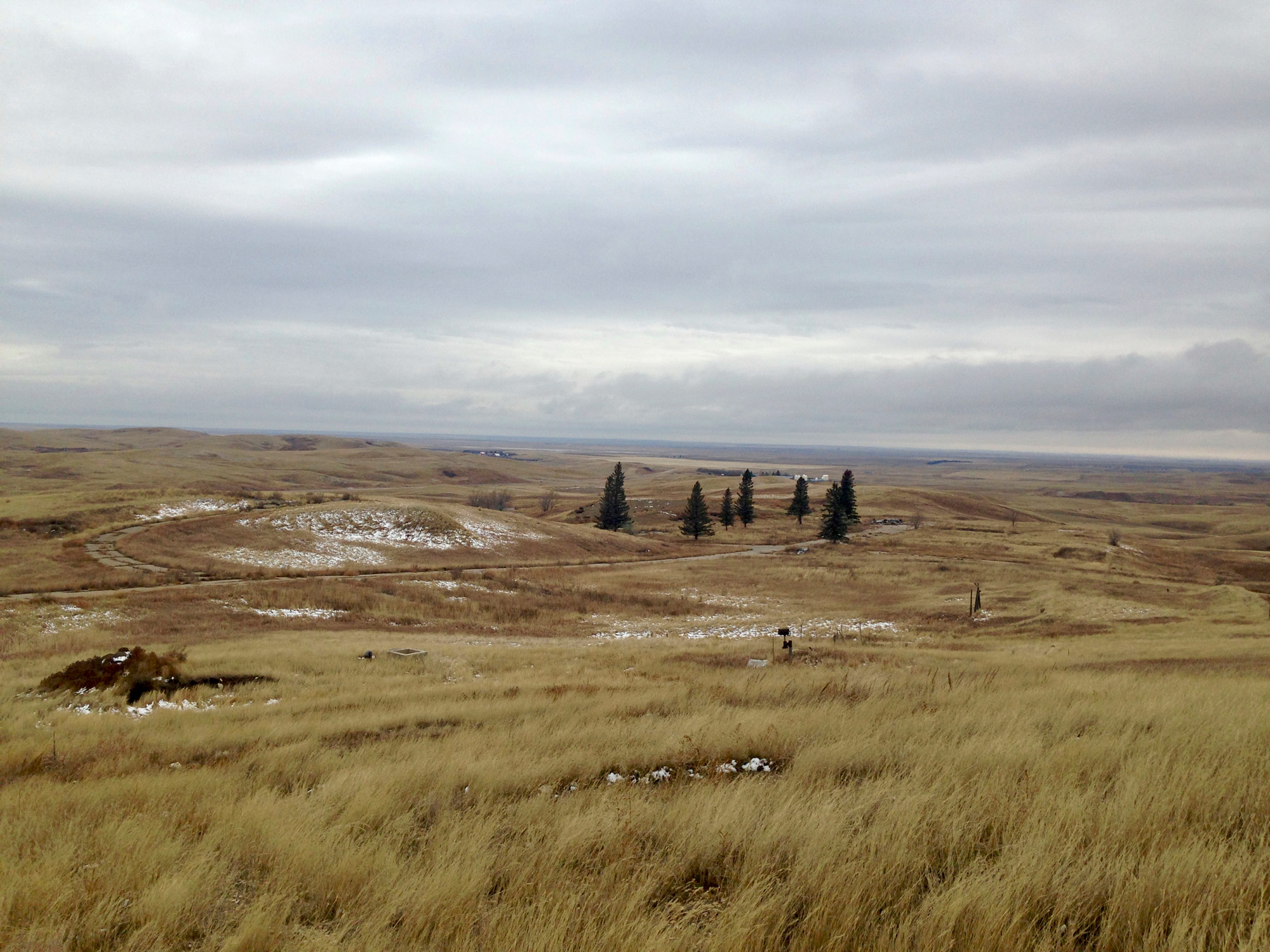
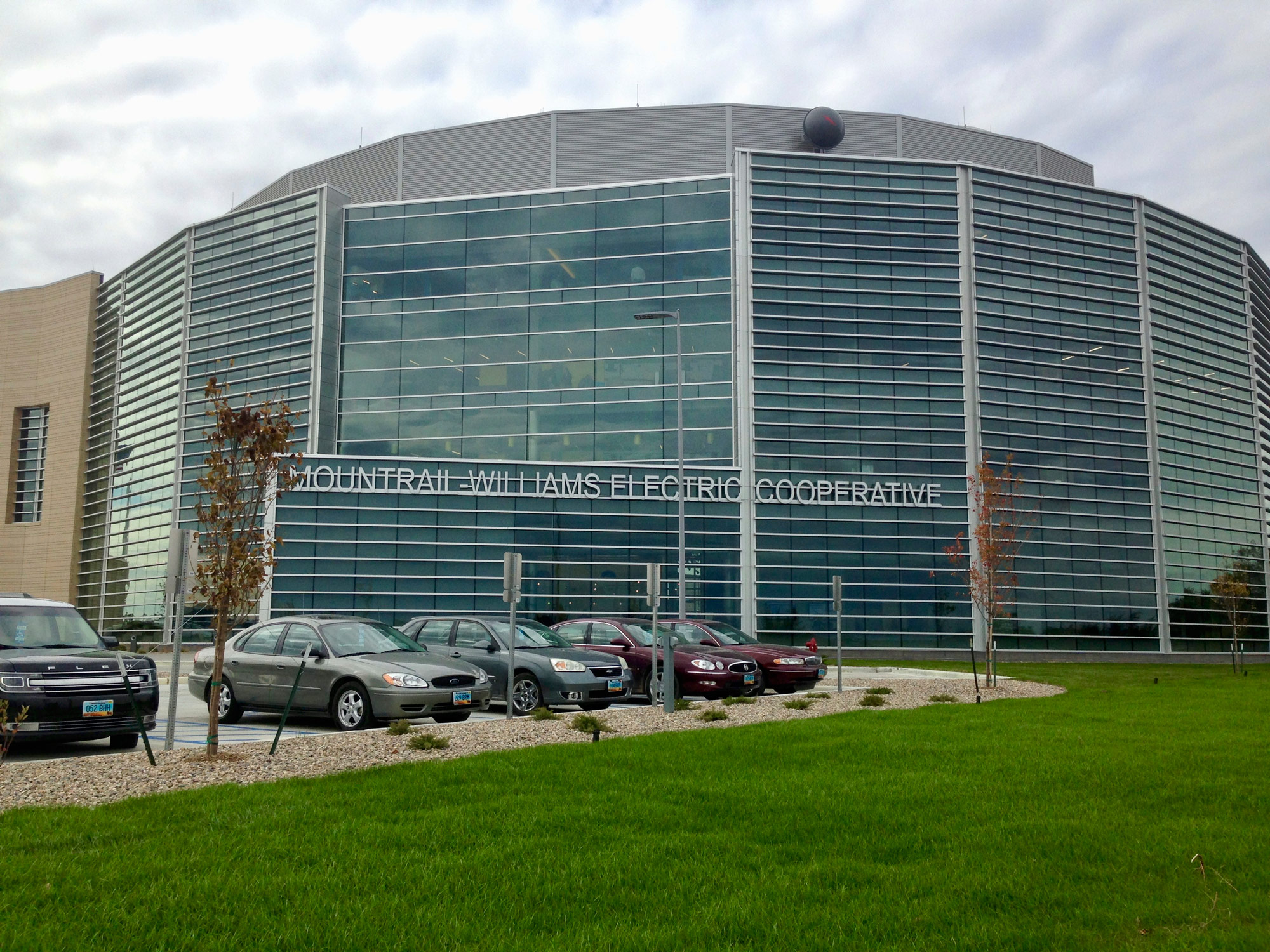
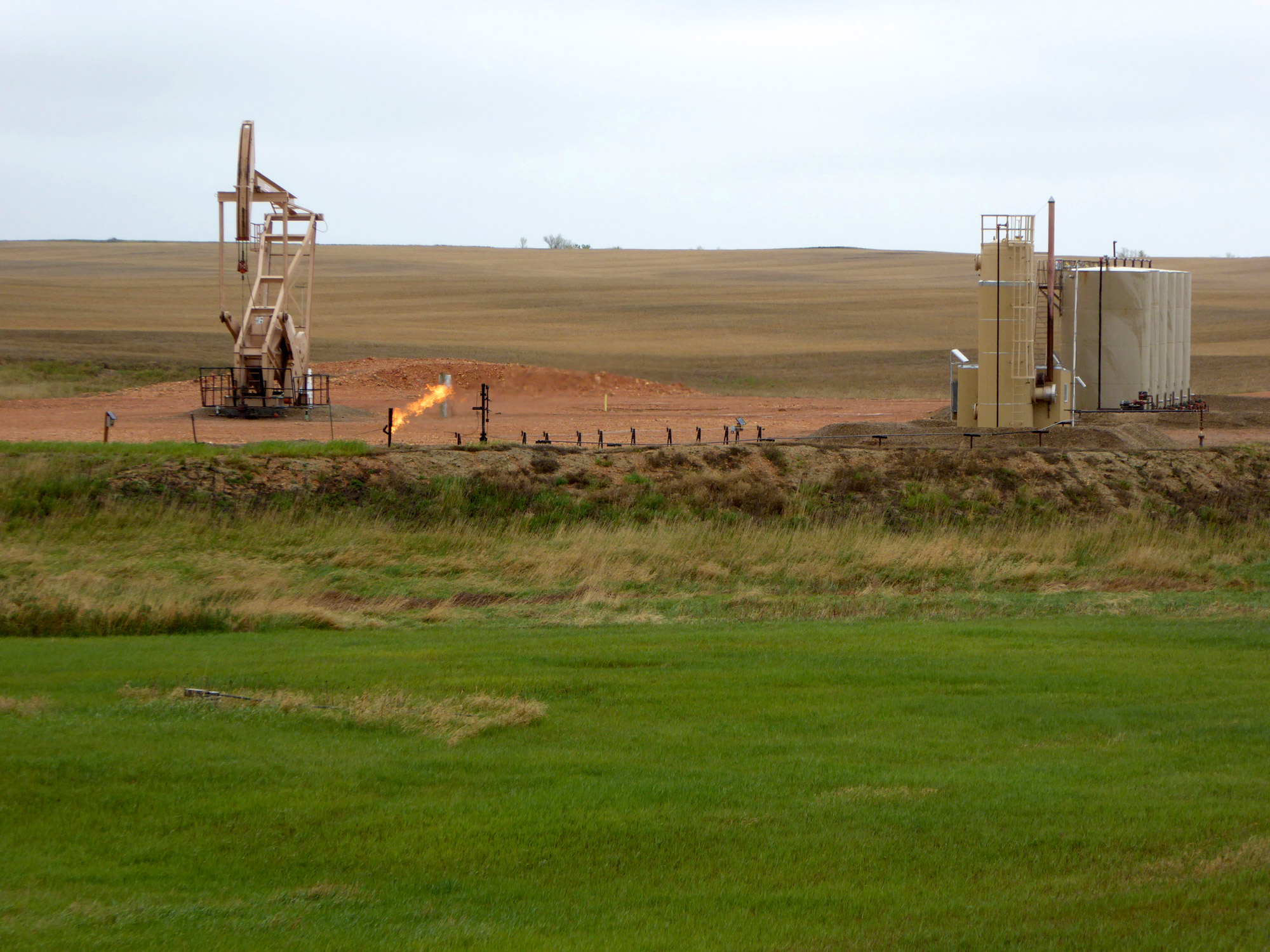
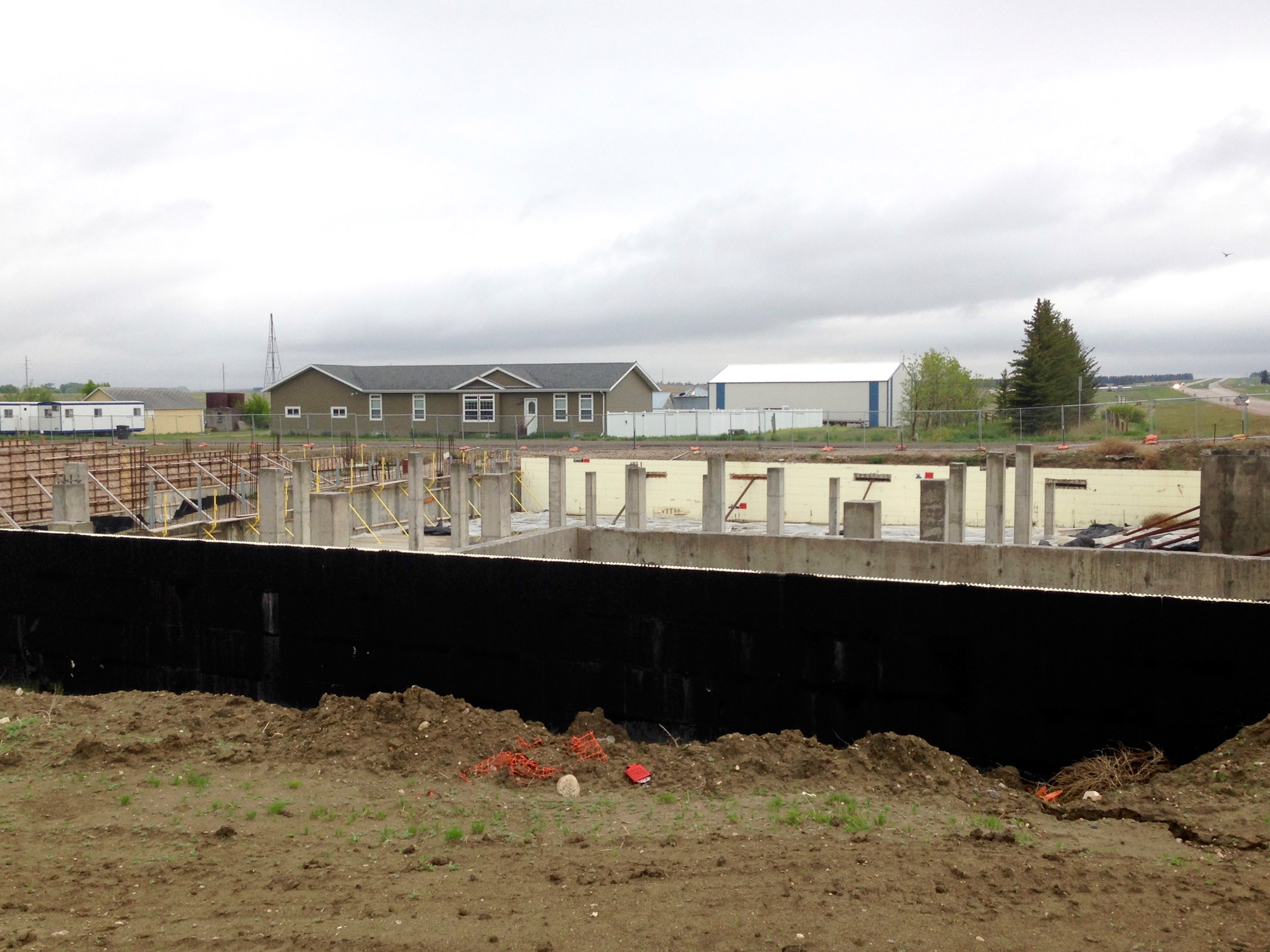
“If you’re in oil country, [the] industry – they’re not good or bad – they’re fiscal animals.”
Interviewee from North Dakota | 2017


